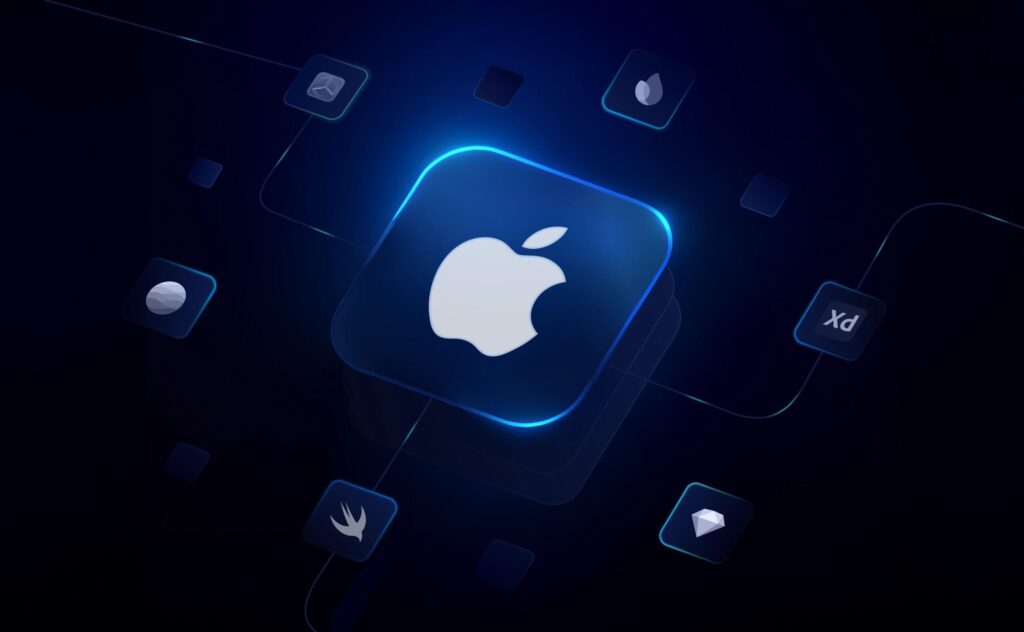
In today’s digital-first world, having a high-performing, user-centric app can be a game-changer for businesses. But creating a standout app for the Apple ecosystem is no small feat—it requires more than just clean code. This is where professional iOS app development companies step in, combining strategy, design, and technology to deliver apps that thrive in the competitive App Store environment.
In this article, we’ll dive deep into how top iOS app development companies build winning apps—from ideation to deployment and beyond.
1. Understanding the Client’s Vision and Market
Requirement Gathering and Goal Setting
Every successful app begins with a clear understanding of the client’s goals. iOS app development companies start by collecting detailed requirements, including:
- Business objectives
- Target audience
- Platform-specific needs (iPhone, iPad, Apple Watch, etc.)
- Monetization strategies
This phase ensures the app will align with the brand and serve a real market need.
Competitor Analysis and Market Research
Top development teams don’t jump straight into coding—they take time to analyze:
- Competitor apps in the App Store
- Market trends within the client’s niche
- User reviews to identify feature gaps and UX issues
This foundational research shapes the app’s unique value proposition (UVP).
2. Crafting a User-First App Strategy
User Experience (UX) Planning
One of the primary reasons iOS apps succeed is their seamless and intuitive user experience. Skilled UX designers map user journeys, define key touchpoints, and plan workflows that minimize friction.
Common tools used:
- Wireframes and mockups
- User flow diagrams
- Clickable prototypes
UI Design for Apple Aesthetics
iOS users expect sleek, responsive, and visually consistent interfaces. Apple’s Human Interface Guidelines (HIG) serve as a blueprint, helping designers create layouts that:
- Adapt well across Apple devices
- Incorporate consistent iconography and gesture support
- Offer a minimal, modern look and feel
3. Developing a Scalable and Secure App
Choosing the Right Tech Stack
iOS app development companies rely on tools and languages optimized for the Apple ecosystem, including:
- Swift (preferred for modern iOS apps)
- Objective-C (for legacy systems)
- Xcode IDE
- Cocoa Touch frameworks
The stack is chosen based on performance, security, and future scalability.
Backend Integration and APIs
For apps that require user authentication, data syncing, or cloud storage, developers ensure:
- Smooth integration with RESTful APIs
- Use of Apple-native features like CloudKit or Core Data
- Secure user data handling using encryption and authentication protocols
Modular, Testable Code
Clean code is essential for scalability and long-term maintenance. Developers organize code into modular components that can be reused, tested, and upgraded without breaking the app.
4. Rigorous Testing Across Devices
Automated and Manual Testing
To ensure consistent performance, iOS development companies run a series of tests:
- Unit testing for individual functions
- UI/UX testing on multiple Apple devices
- Performance testing for speed, responsiveness, and battery usage
- Security testing to detect vulnerabilities
Real-Device Testing
Unlike simulators, testing on real Apple devices (iPhones, iPads, Apple Watch) helps uncover bugs in different environments and hardware configurations.
5. App Store Optimization (ASO) and Launch Strategy
Preparing for a Seamless Launch
A winning app also needs a winning launch. iOS app development companies guide clients through the App Store submission process, handling:
- App icon and screenshots
- App Store description with keyword optimization
- Versioning and compliance with Apple’s strict guidelines
Marketing and Early User Engagement
A coordinated marketing strategy ensures your app gets traction from day one—boosting visibility, downloads, and App Store rankings. This might include:
- Pre-launch buzz and landing pages
- Influencer partnerships
- Email and push notification campaigns

6. Post-Launch Support and Updates
Monitoring Performance Metrics
The job isn’t done after launch. Development companies use tools like Firebase or Mixpanel to monitor:
- App crashes and bugs
- User retention and churn
- Feature engagement rates
These insights help optimize future versions.
Iterative Improvements
Winning apps evolve based on user feedback. Regular updates bring:
- Bug fixes
- Performance improvements
- New features based on user behavior
This ongoing development keeps the app relevant and competitive.
7. Key Traits of Top iOS App Development Companies
Expertise in Apple Ecosystem
They understand the intricacies of iOS design, development, and approval processes better than generic app developers.
Agile and Transparent Workflow
They follow Agile methodologies with regular sprints, progress reports, and client involvement at every stage.
Strong Portfolio and Proven Results
Look for companies that have:
- High-rated apps in the App Store
- Experience across industries
- Case studies demonstrating ROI and user growth
Conclusion
Building a successful iOS app is not about adding features—it’s about crafting a seamless experience that users love, trust, and keep coming back to. iOS app development companies bring the technical know-how, design sensibility, and strategic thinking required to bring that vision to life.
If you’re looking to create an app that stands out in the App Store and delivers real business value, partnering with an experienced iOS development team can make all the difference.


